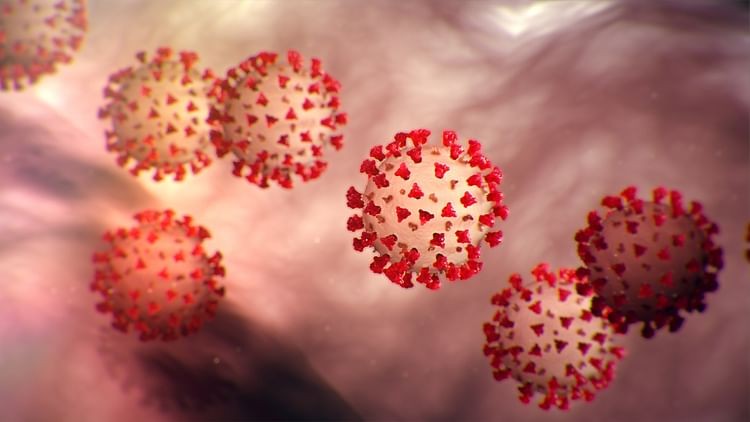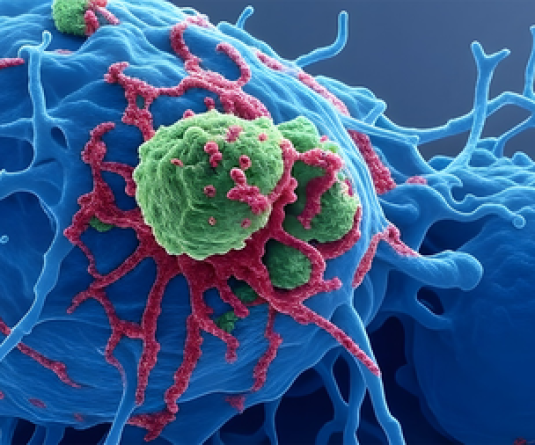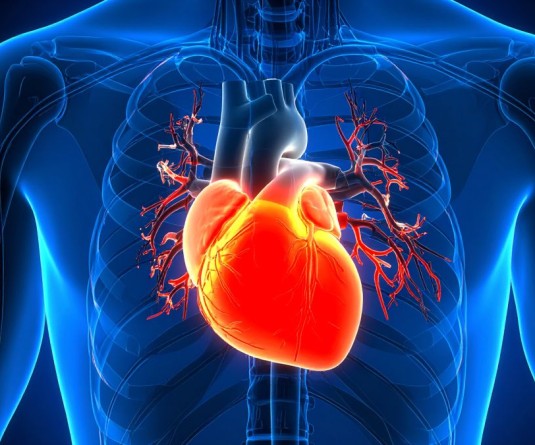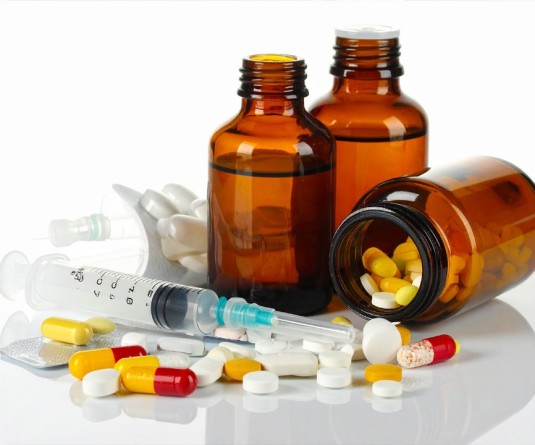Representational Image

Toronto, February 28 (IANS): Researchers have discovered that increased levels of the protein OAS1 are associated with reduced mortality and less severe disease requiring ventilation among patients with Covid-19.
The study, published in the journal Nature Medicine, indicates that using drugs that boost OAS1 levels could be explored to try to improve these outcomes.
"Our analysis shows evidence that OAS1 has a protective effect against Covid-19 susceptibility and severity," said researcher Brent Richards from the McGill University in Montreal, Canada.
"This is a very exciting development in the race to identify potential therapies to treat patients because there are already therapies in pre-clinical development that boost OAS1 and could be explored for their effect against SARS-CoV-2 infection," Richards added.
For the study, the team explored proteins detectable in peripheral blood as a potential target. The challenge lay in determining which proteins play a causal role in disease progression, since their levels may also be influenced by Covid-19 itself or other confounding factors, the researchers said.
Recent advances in proteomic technology -- that is, the capacity to isolate and measure hundreds of circulating proteins at once -- combined with genetic analyses through Mendelian randomization (MR) makes possible the delicate work of untangling which proteins affected Covid-19 adverse outcomes, rather than vice versa, they added.
From genetic determinants of 931 circulating proteins, the team found that increase in OAS1 levels was associated with reduced Covid-19 death or ventilation, hospitalisation, and susceptibility in up to 14,134 Covid-19 cases and 1.2 million controls.A
The results were consistent in multiple sensitivity analyses. They proceeded to measure OAS1 levels in 504 patients with different Covid-19 outcomes and found that increased OAS1 levels in post-infection patients were associated with protection against very severe Covid-19, hospitalisation and susceptibility.






